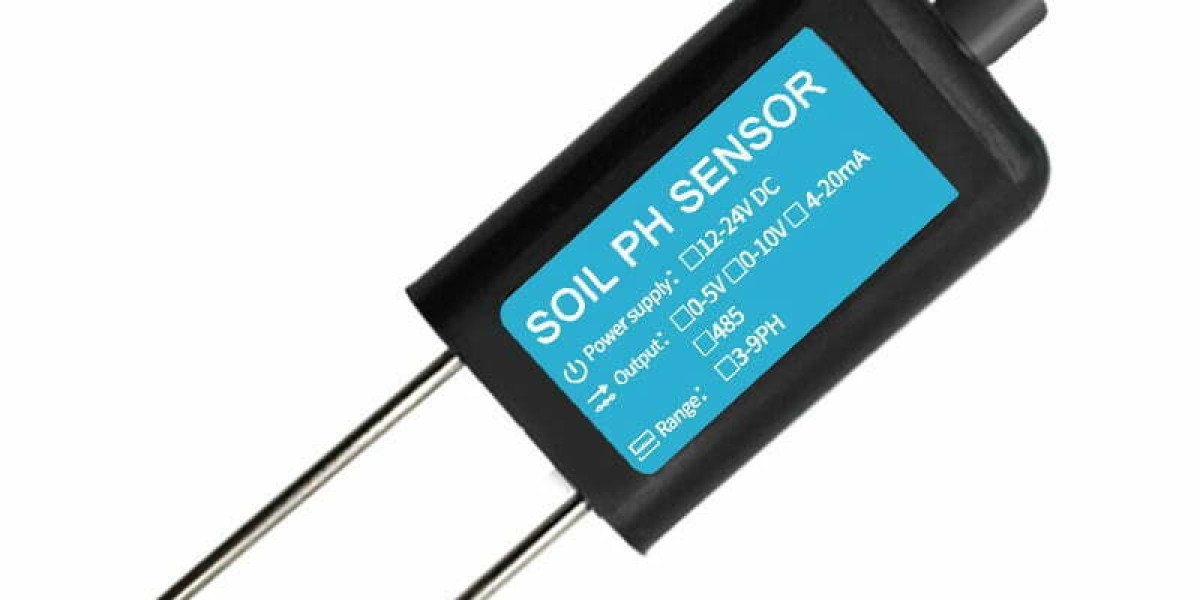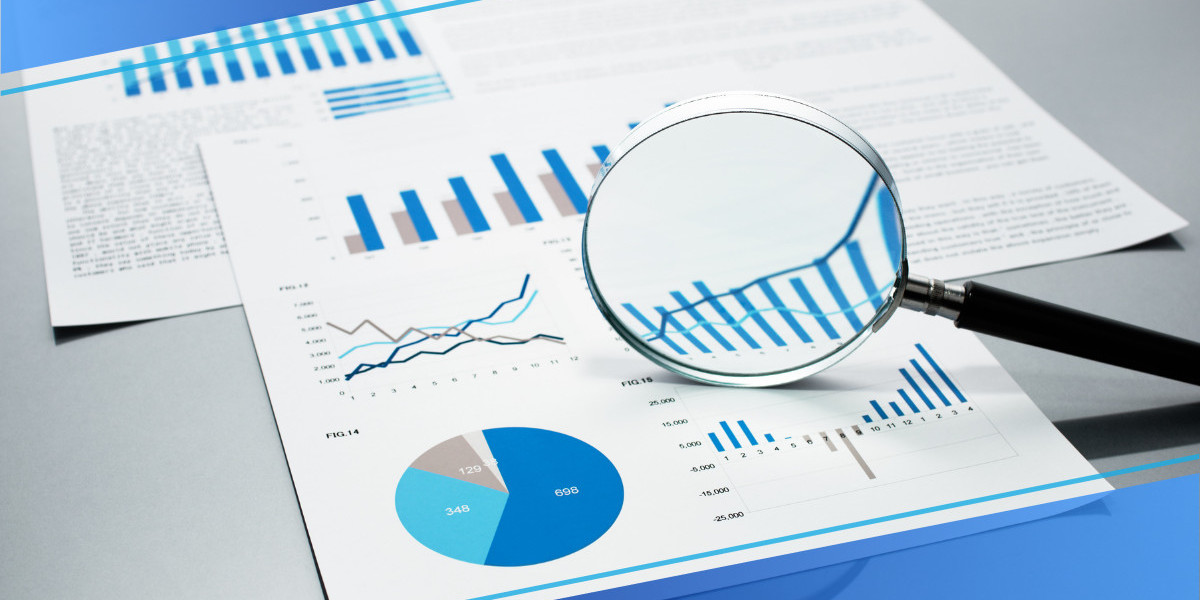Introduction
In modern agriculture, the utilization of technology plays a crucial role in optimizing crop production, conserving resources, and promoting sustainability. Among the various technological innovations, soil sensors have emerged as key tools that revolutionize agricultural practices. This article delves into the transformative impact of soil sensors on farming techniques, resource management, and overall agricultural efficiency.

1. Understanding Soil Sensors
- Definition and types of soil sensors
- Working principles of soil sensors
- Importance of soil sensor data in agriculture
2. Precision Agriculture and Soil Sensing
- Role of soil sensors in precision agriculture
- Benefits of precision farming in enhancing crop productivity and resource efficiency
- Case studies illustrating successful implementation of soil sensors in precision agriculture
3. Soil Health Monitoring and Nutrient Management
- Monitoring soil health parameters using soil sensors
- Importance of nutrient management for optimal crop growth
- Utilizing soil sensor data for precise fertilization and irrigation
4. Water Management and Irrigation Efficiency
- Monitoring soil moisture levels with soil sensors
- Implementing precision irrigation strategies based on soil sensor data
- Improving water use efficiency and reducing water wastage in agriculture
5. Disease and Pest Management
- Early detection of plant diseases using soil sensors
- Integrating soil sensor data with pest management strategies
- Enhancing crop resilience and reducing pesticide usage through targeted interventions
6. Sustainable Agriculture Practices
- Promoting sustainable farming practices with the help of soil sensors
- Implementing conservation tillage and cover cropping based on soil sensor data
- Reducing environmental impact and improving soil quality through sustainable approaches
7. Future Trends and Innovations
- Advancements in soil sensor technology and data analytics
- Integration of artificial intelligence and machine learning in soil sensing
- Potential applications of soil sensors in addressing global food security challenges
8. Challenges and Considerations
- Addressing challenges such as sensor accuracy, calibration, and maintenance
- Ensuring data privacy and security in soil sensor networks
- Training and education for farmers to effectively utilize soil sensor technology
Conclusion
Soil sensors represent a groundbreaking technology that has revolutionized agricultural practices by providing real-time data and insights to farmers. By enabling precision farming, efficient resource management, and sustainable practices, soil sensors play a vital role in shaping the future of agriculture. As technology continues to advance, the integration of soil sensors into agricultural systems will further enhance productivity, resilience, and sustainability in the ever-evolving field of modern agriculture.








